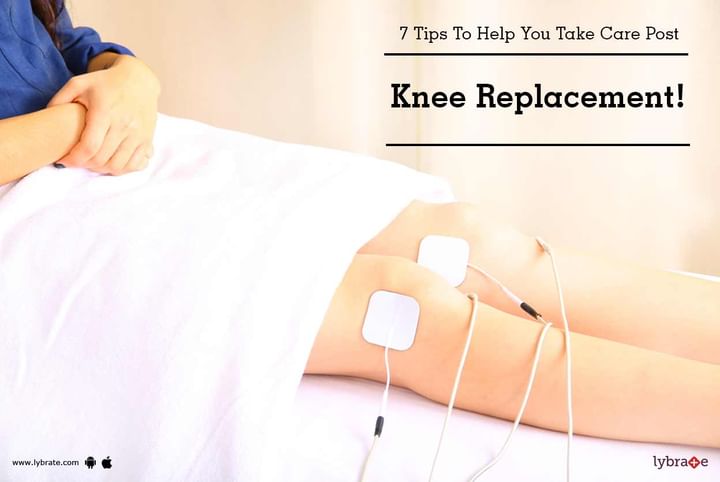7 Tips To Help You Take Care Post Knee Replacement!
Knee injuries are the most complex injuries of bones and cartilages. A direct hit can lead to this situation. You may get this injury while doing your daily activities. An activity as simple as walking or a deadly accident can lead to this injury. You never know, when you are left with a damaged knee. In critical cases, you are advised to undertake a joint replacement surgery. According to latest studies, doctors replace more than a million knees or hips in a year in the United States. It is a life-changing procedure. But you need to know whether you are the right candidate or not? Follow the below-mentioned points to get a clear picture:
Reasons to replace your knee
- Pain and stiffness: If it hurts you a lot while you are walking or trying to climb stairs, it may be an indication for having a new joint. It has to be also noted that whether the pain is long-term. You know that you need a new joint when there you experience pain for at least 6 months.
- Your injured knee hampers your daily life: It is not the pain only that might be a cause to worry for. Your injured knee can hurt your entire life. It will limit your daily activities, hampering your office work and personal life. It will upset you and drive you towards depression. To get rid of all these issues, you can opt for a knee replacement surgery.
- Bone damage: Before taking up the surgery, you must consult your doctor. He or she will ask you to conduct X-rays and other imaging tests first. The reports will clarify whether or not you require a surgery. The reports will show that whether you are suffering from osteoarthritis or other conditions.
- Deformity: The surgery is needed when your knee gets severely swollen and looks deformed.
Care after knee replacement:
Replacement is not just enough to a healthy knee. You need to take care of a lot of things even after the surgery is over. Here are some quick tips that will help you to lead a better life after knee replacement surgery:
- Don’t forget to take your painkillers or anti-inflammatory drugs that have been prescribed to you.
- You must use your walking aids. However, you should remember that the aim is to slowly and gradually reducing your dependence on the aids.
- You should continue the knee exercises. This will reduce your stiffness.
- You should not sit with the legs crossed for at least six months after the operation has been done.
- You should avoid twisting of the knee.
- Wear good quality, comfortable and supportive shoes.
- You should often raise your leg while on the bed and apply ice pack on the knee.
Can there be a case where joint replacement may not help?
There are a number of situations when the joint replacement may not help. These are as follows:
1. Infection: If there is any infection in the body, you cannot take up this surgery.
2. If you have suffered from heart attack, stroke, or any diabetes related issues, then you will have complications at the time of surgery. It is also advisable to get rid of the extra kilos if you are obese to get the best results.
In case you have a concern or query you can always consult an expert & get answers to your questions!



+1.svg)
